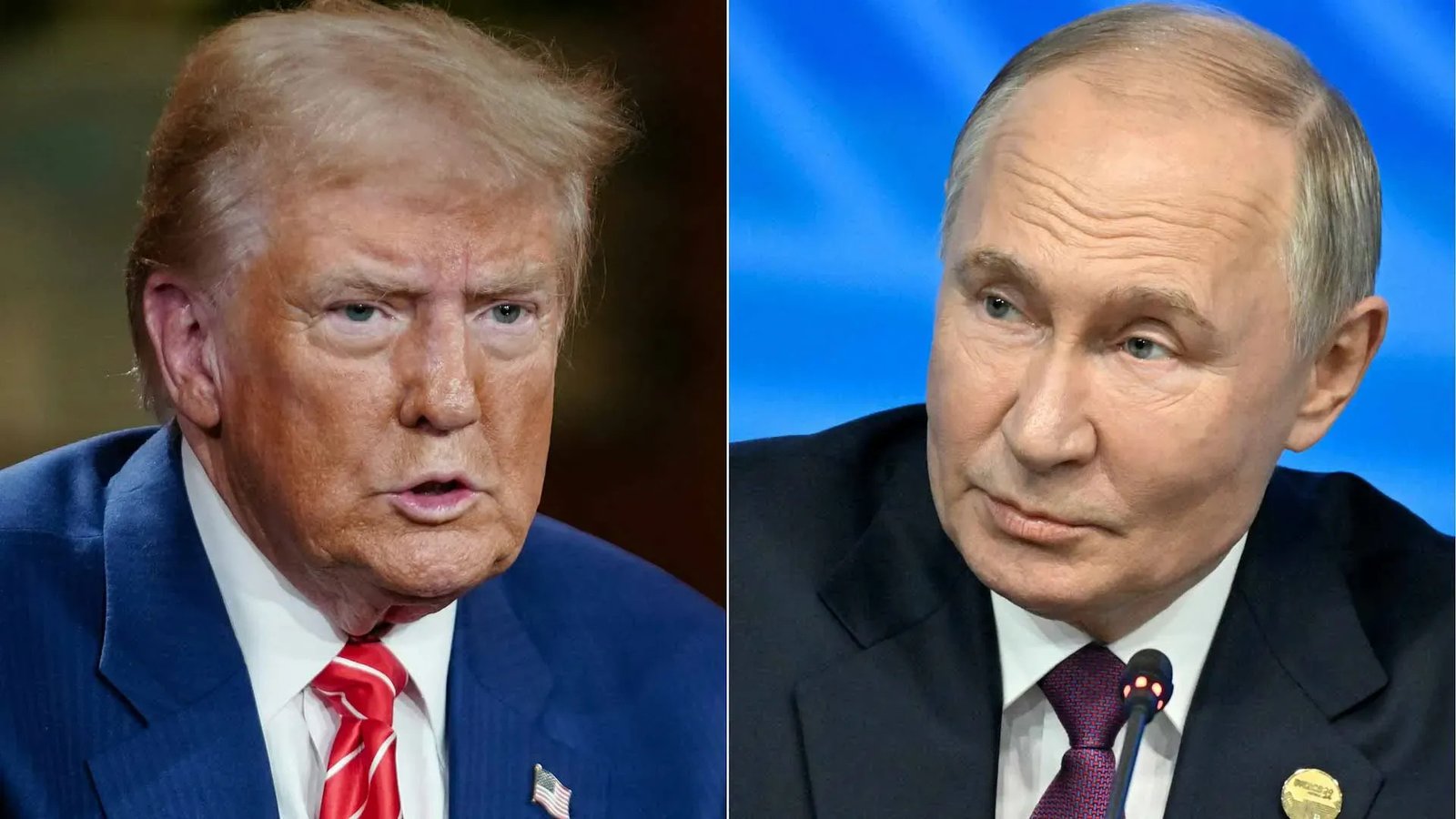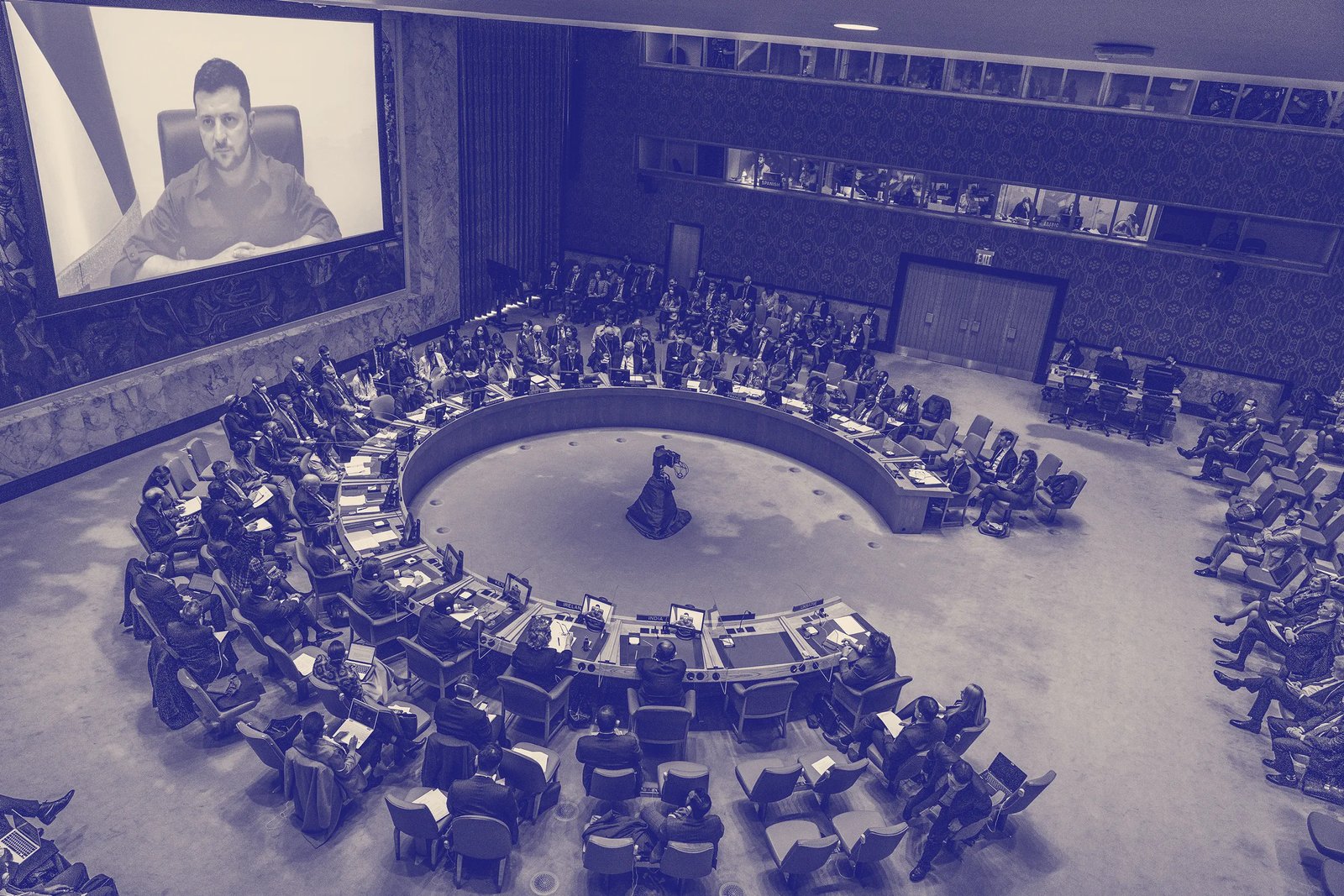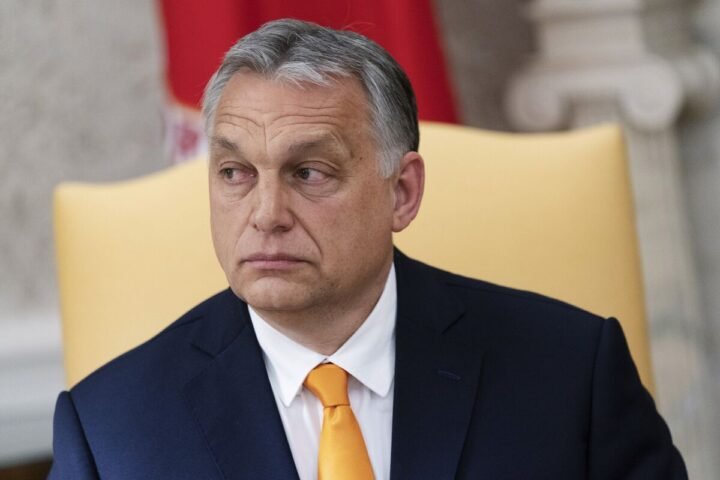Hungary’s Prime Minister Viktor Orban is escalating rhetoric, hinting at a possible EU departure (“Huxit”) unless Brussels meets his demands—an evolving strategy of political brinkmanship targeting EU cohesion and Western security.
Vetoes and ultimatums as political instruments
In recent years, Orban has consistently blocked key EU decisions, asserting that Hungary’s EU membership isn’t “worth it” if it undermines national interests. He ties approval of EU policies—particularly those affecting sanctions on Russia and support for Ukraine—to demands for looser EU oversight and unfreezing of funds. His ‘Huxit’ statements are tactical, pressuring the bloc to compromise on democratic principles or EU unity.
Deepening ties with Russia
Despite widespread EU efforts to reduce dependency on Russian energy, Hungary has maintained and expanded its gas imports from Moscow. The government is also advancing the Paks II nuclear power plant project with Russia’s Rosatom, relying on Russian technology, financing, and staff despite serious security and political warnings issued by the European Commission.
Kremlin messaging amplified in Brussels
Orban’s personal engagement with Vladimir Putin—unmatched by any other EU leader post-invasion—adds diplomatic legitimacy to Kremlin narratives. His statements advocating “unconditional peace” and skepticism about Ukraine’s chances mirror Russian talking points. These are frequently highlighted by Russian media, depicting Orban as a pragmatic Western leader aligned with Moscow’s worldview.
Building a parallel right-wing movement
Orban has been actively cultivating a counter-Western “sovereignty” network, aligned with right-wing figures across Europe and the Americas. By championing a “conservative international” and anti-Brussels rhetoric, he fuels political fragmentation in the EU and undermines collective Western values.
Strategic sabotage from within
Orban’s never-realized threats to leave the EU serve his aim: to remain inside the bloc, continue accessing EU funds, veto decisions, and legitimize authoritarian practices at home under the guise of safeguarding national sovereignty. This paradox not only cements Russia’s indirect influence in EU affairs but also empowers a disruptive actor to weaken the union from within.
Urgency for EU to harden defenses
Brussels must recognize Orban not merely as a dissenting voice but as a strategic threat to EU solidarity. It is critical to establish mechanisms to curb the capacity of individual leaders to derail collective policy—especially on democracy, security, and responses to Russia’s war in Ukraine.









